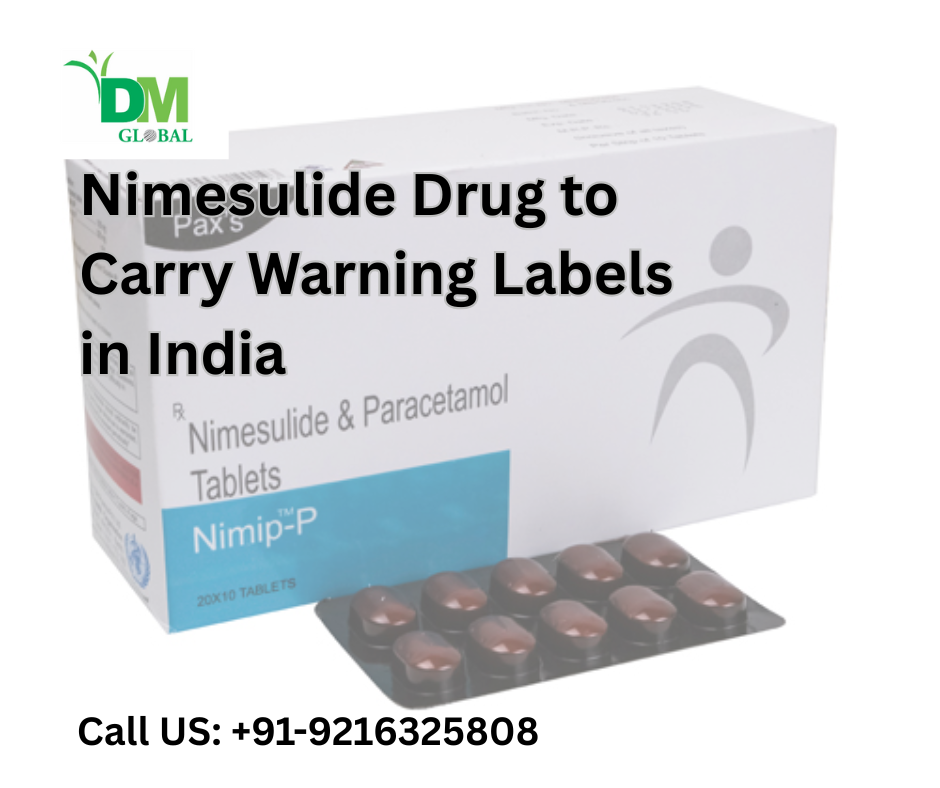New Delhi – India’s top drug regulator has asked all companies that make nimesulide to add strong warning labels on the medicine packs.
Nimesulide is commonly used to reduce pain, fever, and swelling. But now, it comes with stricter rules. The Indian market for this medicine is big, worth about ₹500 crore, and growing fast at 11% every year. With the new decision, companies must make sure that labels clearly tell patients and doctors about its risks.
What Do the New Rules Say?
According to the new order, every company selling nimesulide must print a clear warning on its label. The rules are:
-
Age limit: Can only be given to patients 12 years and older.
-
Use as second option: Doctors should give it only if other medicines don’t work.
-
Pregnancy warning: Must not be used by women who are pregnant, breastfeeding, or planning to have a baby.
-
Health conditions: People with liver or kidney problems must not take it.
-
No risky mix: Should not be used with other medicines that harm the liver or kidneys.
What Does This Mean for Pharma Companies?
This decision is important for both doctors and companies. Doctors must be careful before prescribing nimesulide. On the other hand, companies must change their labels, follow the new rules, and also inform their distributors.
For businesses, working with a trusted monopoly medicine company in India can make things easier. Monopoly companies give exclusive rights to sell their medicines in one area. This means franchise owners don’t face much competition and get ready support, including updated promotional material with new safety guidelines.
The Role of Contract Manufacturing
Many pharma companies don’t make their own medicines but get them produced by pharma contract manufacturing companies. These companies are very important now because they must print the correct labels, follow WHO-GMP standards, and make sure the drugs are safe.
Good contract manufacturing companies already work with strict rules, so they can quickly adjust to these changes. They also help pharma businesses by handling production while companies focus on sales and distribution.
Why Patient Safety Comes First
Although the nimesulide market is increasing, the safety should be the first concern. The new ruling indicates that the government is interested in safeguarding patients, particularly children, pregnant women as well as individuals with liver or kidney problems.
Key Takeaways
-
Nimesulide will now carry strict warning labels.
-
It can only be used by patients 12+ years old as a second option.
-
It is not safe for pregnant women, breastfeeding mothers, or those planning pregnancy.
-
It should not be used by patients with liver or kidney problems.
-
Pharma companies and manufacturers must update labels and follow the rules carefully.
Conclusion
For pharma businesses, this is also a reminder to stay updated with regulations. Those who work with a reliable monopoly medicine company in India. A trusted pharma contract manufacturing company will find it easier to adjust and continue growing in the market.
The bottom line: safe medicines build trust, and companies that put safety first will succeed in the long run.

